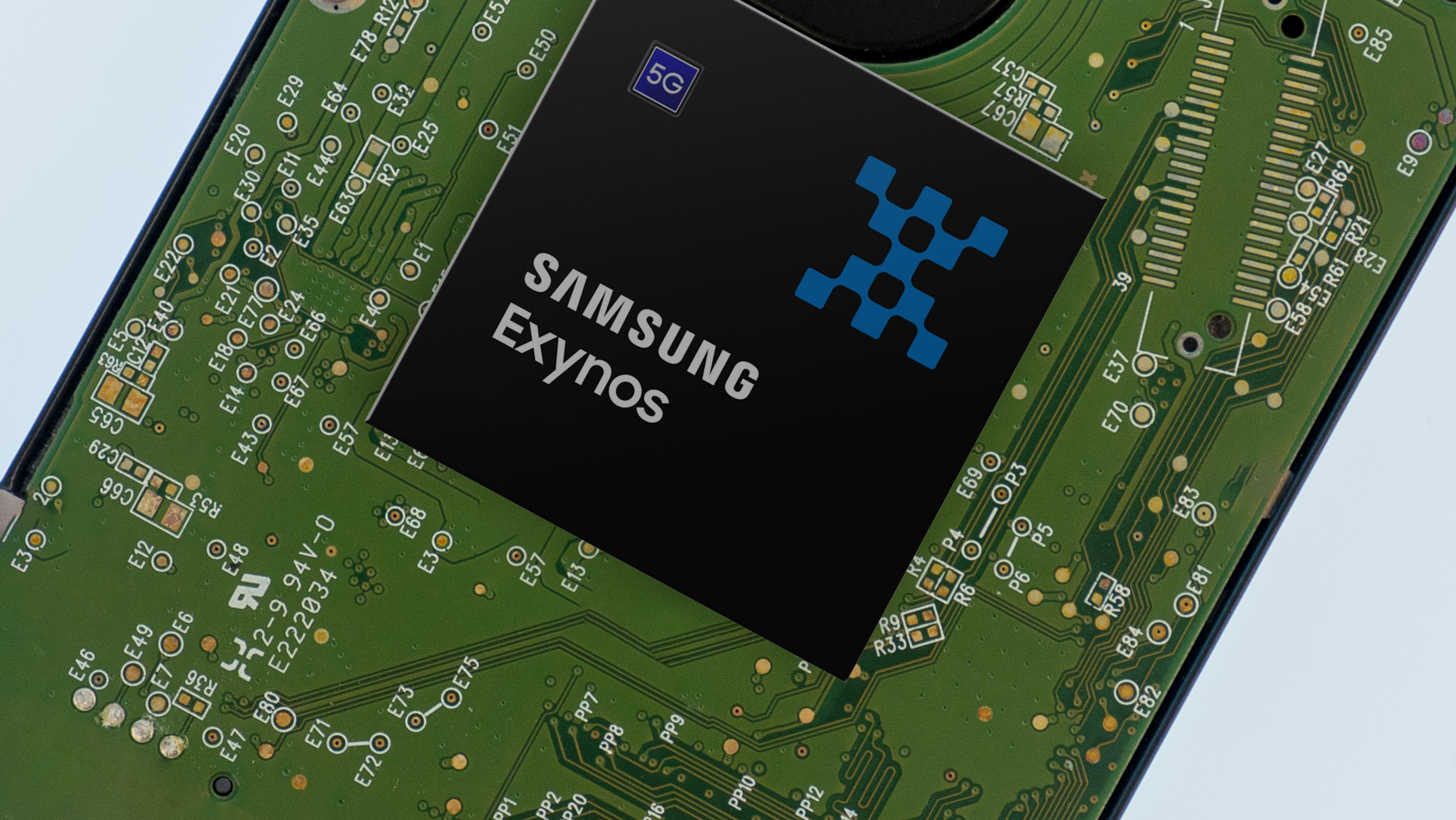Samsung might be having trouble making its next-gen 3nm processors
Low yields due to revolutionary new tech are causing slowdowns.

What you need to know
- Samsung Electronics is reportedly having trouble with its new GAA 3nm manufacturing process, which could cause delays in its next-generation processors.
- The new process is said to increase performance by 35% while reducing power consumption by a whopping 50%
- Next year's processors might not be as impressive if the new manufacturing process can't be perfected in time.
Samsung is set to debut a revolutionary new processor manufacturing method, called the gate-all-around process — GAA for short — but the new process is reportedly giving Samsung Electronics some difficulties. The report cites low yield rates on new processors manufactured with the new GAA process, which could further contribute to the chip shortage the world has been experiencing for the past few years. We've reached out to Samsung for comment and will update this article when we hear back.
This is according to a report by Korea's Business Post (via SamMobile), which covers the fact that Samsung Electronics — the actual electronics manufacturing division of Samsung, which is separate from its mobile division that makes Galaxy phones — typically enjoys contracts with companies like Qualcomm as well as its own Exynos line of processors. Samsung Electronics is likely making the next-generation Snapdragon and Exynos based on the new GAA 3nm process if it can get yield rates up.
Current-generation processors are built upon the finFET process, which employs electronic gates on three of the four sides of a tiny channel inside a processor. GAA improves that by enclosing all four sides with gates, giving Samsung Electronics the ability to increase a processor's density by 1.35 times. That's said to result in a 35% performance increase at the same power levels and, subsequently, allows the processor to operate at 50% less power than the previous generation. Long story short, that means faster processors and better battery life.
All the best Android phones right now are powered by Qualcomm Snapdragon processors, and this delay might mean Samsung Exynos processors will once again take a backseat to Qualcomm's next-generation processor that's said to be built upon the same 3nm tech. That processor will likely be called the Snapdragon 8 Gen 2 as the successor after the logically-named Snapdragon 8 Gen 1 that launched with phones like the Galaxy S22 this year.
Previously, we saw Samsung Electronics losing Qualcomm's business for certain upcoming processors because of difficulty with yield rates. If Samsung is unable to get the 3nm processor perfected in time for the upcoming next-generation processor switchover, it's entirely likely that history could repeat itself and Qualcomm might choose TSMC's factories for its next processors, instead. The downside to this choice is that TSMC is still using finFET for its 3nm process, which means Samsung Electronics' GAA-built processors could be significantly faster this time next year.

Get the best from Samsung right now with the Galaxy S22, a powerhouse phone in a smaller package.
Be an expert in 5 minutes
Get the latest news from Android Central, your trusted companion in the world of Android

